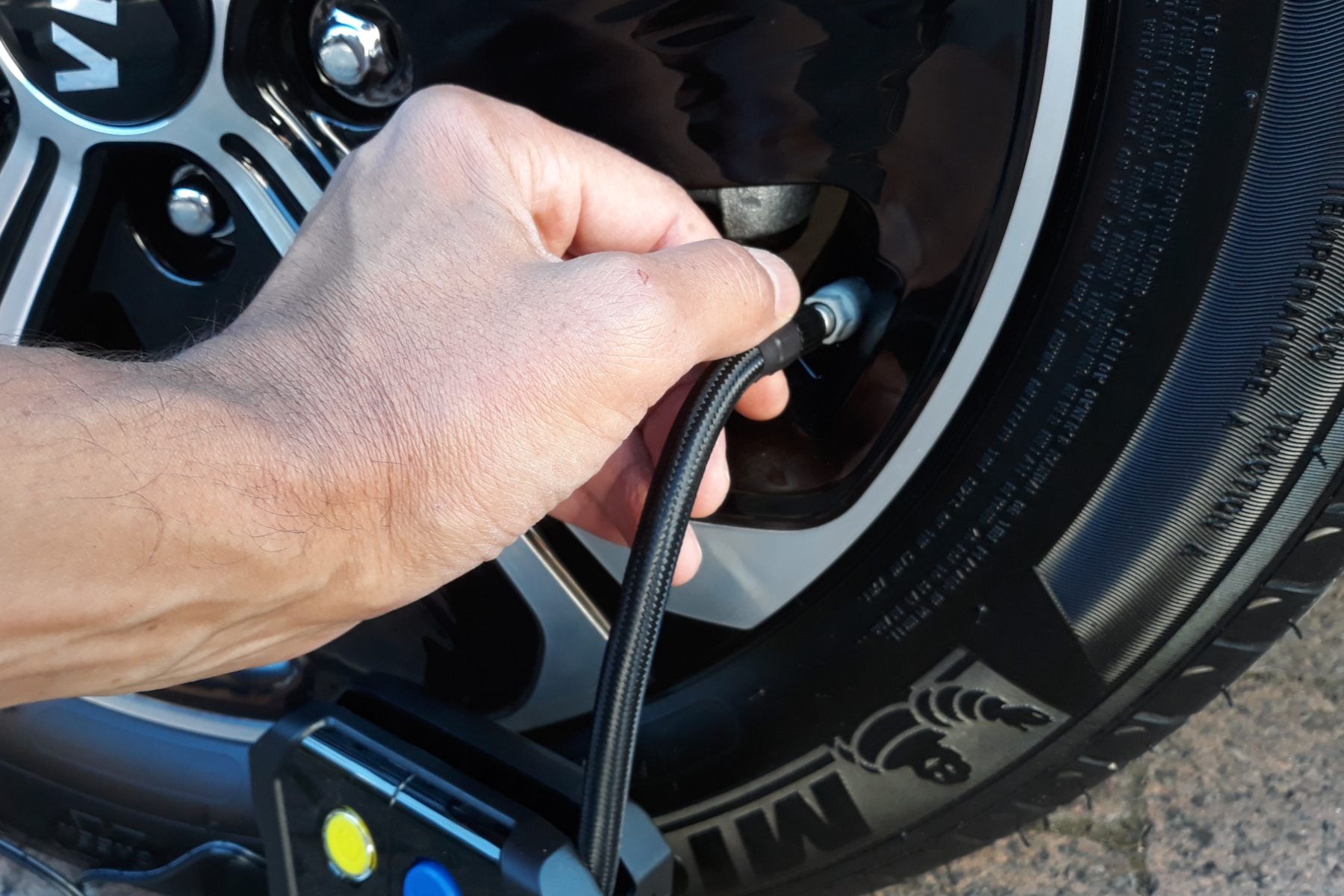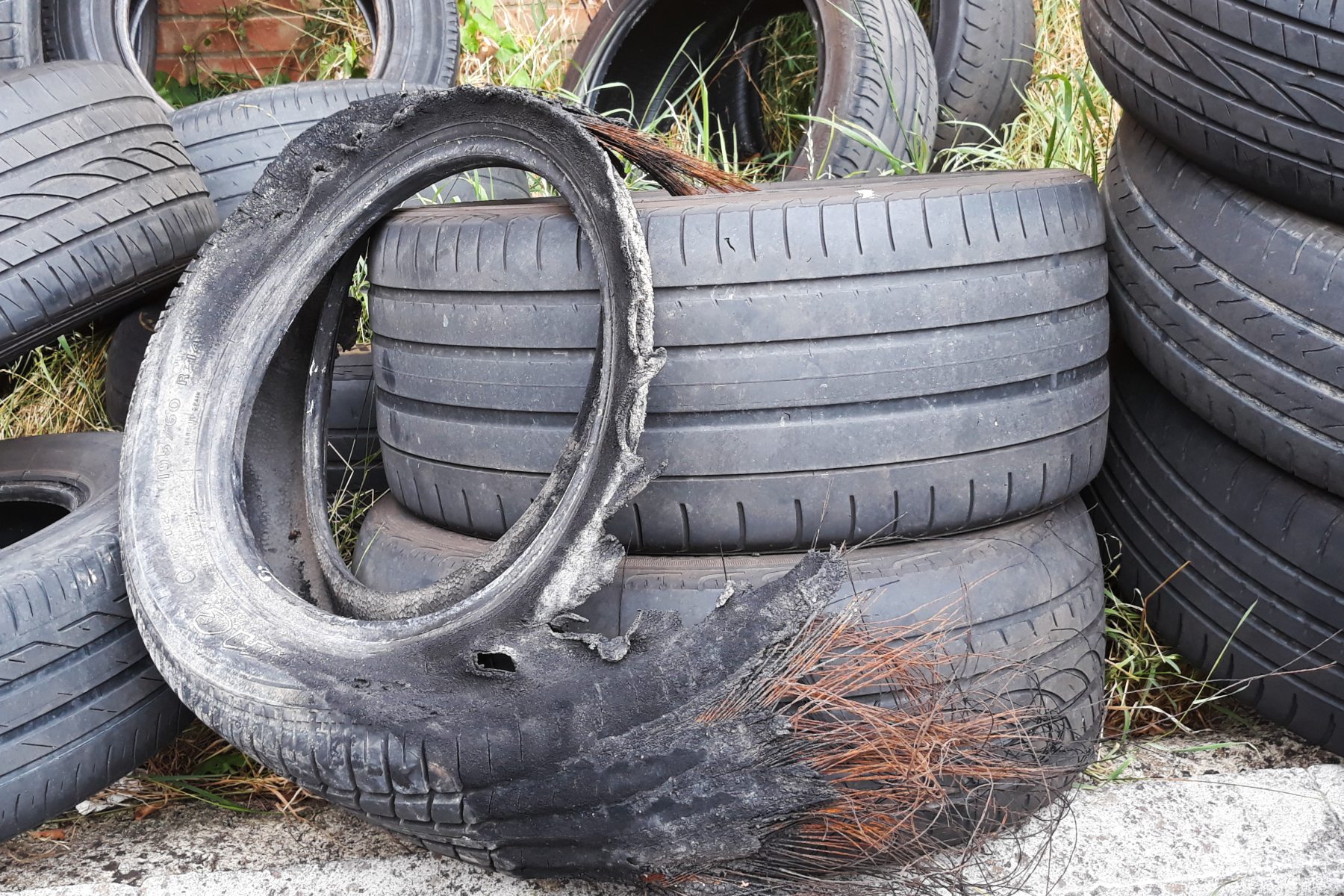Why motorists will waste a million litres of fuel this Easter

More than one in 10 drivers will be setting off on their Easter getaway with incorrectly inflated tyres – leading to more than 1 MILLION litres of wasted fuel, according to new research.
Having incorrectly inflated tyres can have a significant impact on how fuel-efficient a car is, affecting fuel consumption by up to 3%.
The experts at Halfords have crunched the numbers to work out just how much this is going to cost motorists this Easter – and how much fuel is being wasted.
Brits will drive a total of 2.7 billion miles this Easter – but 300 million of them will be by vehicles with incorrectly inflated tyres.
Nine in 10 drivers (88%) will be hitting the roads this bank holiday weekend – driving an average of 68.5 miles each. Based upon the 39 million Brits who have a driving licence, this means that 2.7 billion miles are set to be driven.
However, when they set off, more than one in 10 (11%) of those going away say that they will not have topped their tyres up with air in four months or more – and do not plan to do so before they leave.
Given the average tyre loses around 1 PSI of pressure each month, this means they will likely be underinflated – reducing the fuel efficiency of the entire car.
Therefore, out of the 2.7 billion miles being driven this Easter Bank Holiday, 293,701,792 of these miles will be by vehicles with underinflated tyres.
How much money and fuel is being wasted?
Based on current fuel prices and average fuel consumption in UK cars, it costs 17.66p in fuel for every mile driven. This means that those with underinflated tyres will be spending £51 million to fuel their car.
But given that their incorrectly inflated tyres will be impacting their efficiency by around three per cent, they will be wasting £1.5 million worth of fuel – a massive 1,051,373 litres.

Why do under-inflated tyres impact fuel consumption – and what are the other dangers?
Underinflated tyres have an increased footprint on the road, which in turn increases friction, and as such, makes them less efficient. This isn’t the only issue – underinflated tyres can also cause overheating, which can lead to premature wear, tread separation, and eventually even a blowout.
